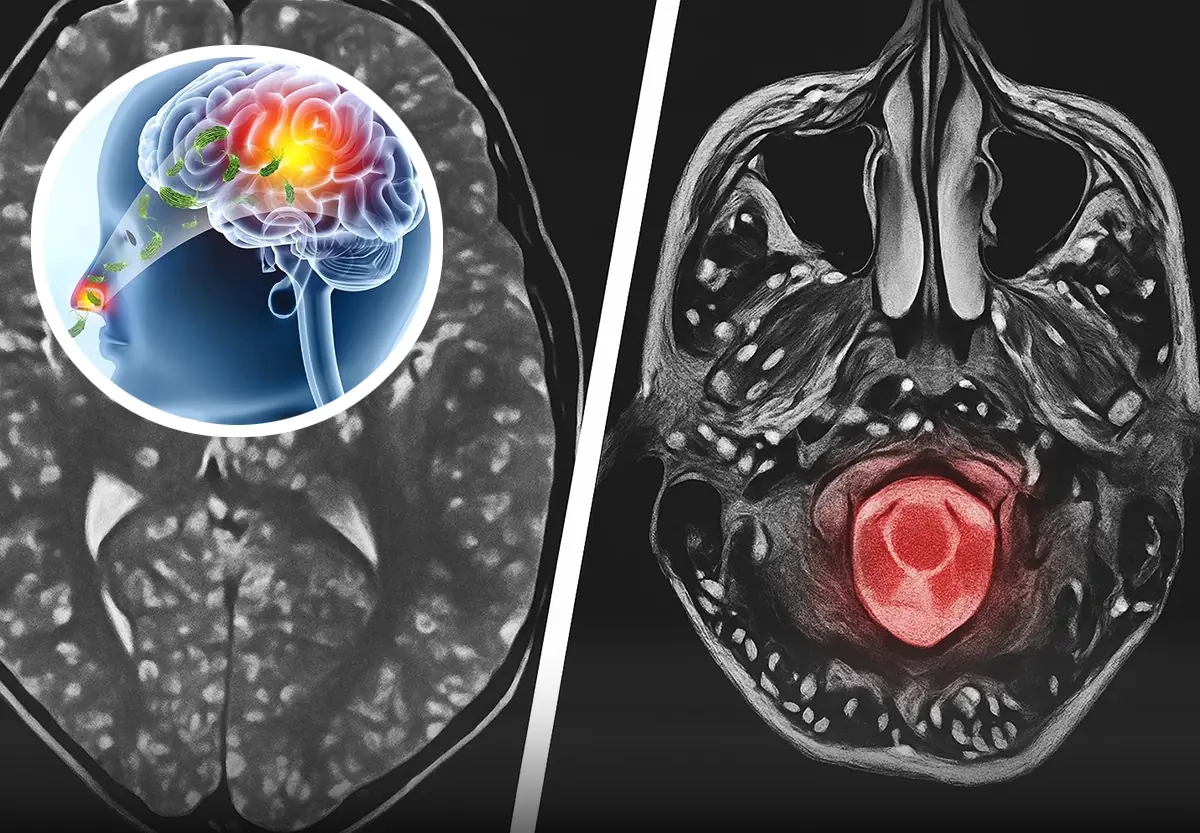In India, a significant number of individuals are diagnosed with brain tumors annually, highlighting the critical need for early detection due to vague initial symptoms. Recognizing warning signs like persistent headaches, vision problems, and unexplained
Brain tumors often remain undetected until they reach an advanced stage. According to the National Library of Medicine, approximately 40,000-50,000 individuals are diagnosed with brain tumors annually in India. This alarming statistic underscores the significance of early detection and the necessity of timely medical intervention. Despite this, brain tumors are among the most difficult conditions to diagnose early, primarily due to their vague and non-specific symptoms. Understanding why tumors often go unnoticed until later stages, along with recognizing early warning signs, can drastically improve patient outcomes.

Why are Brain Tumors Often Overlooked?
Brain tumors present symptoms such as persistent headaches, dizziness, nausea, seizures, vision problems, balance issues, and changes in speech or behavior. However, these symptoms are often vague and may be attributed to stress, hormonal fluctuations, lifestyle changes, or even lack of sleep. This leads individuals to dismiss them as minor issues rather than potential signs of a serious condition.
Furthermore, the symptoms of a brain tumor tend to progress gradually. As a result, they may only become noticeable when they worsen to the point of causing significant discomfort. In many cases, tumors grow slowly, allowing the brain to adapt to the symptoms and masking the severity. Additionally, the location and size of the tumor can affect the nature of the symptoms, and sometimes, they only become apparent when the tumor has reached a larger size.
What are the Early Warning Signs of a Brain Tumor?
Recognizing early symptoms is crucial. Here are some key warning signs that should prompt an immediate consultation with a healthcare professional:
-
Persistent headaches, particularly those that worsen over time or feel unusually intense
-
Vision disturbances, such as blurriness or double vision, with squinting being common in children
-
Unexplained nausea or vomiting
-
Frequent seizures without a prior history of epilepsy
-
Cognitive issues like brain fog, memory loss, or significant personality changes
-
Weakness or numbness in the limbs
-
Difficulty with coordination and balance
-
Slurred speech or changes in the way a person speaks
-
Sudden changes in hormones, which may result in symptoms like weight gain or irregular periods
What Treatment Options Are Available?
Early detection is critical for effective treatment. Recognizing unexplained physical or cognitive changes is crucial, as they could be signs of a brain tumor. Imaging techniques such as MRI and CT scans are used to identify tumors in their early stages, often before symptoms become noticeable. These scans also provide valuable information regarding the tumor's size, location, and grade, aiding in the development of a tailored treatment plan.
While not all brain tumors are aggressive, early diagnosis significantly improves treatment prospects and long-term recovery. By staying vigilant and addressing even seemingly minor or persistent symptoms, individuals can increase the chances of successful treatment and better outcomes.
Dr. Anurag Saxena, Cluster Head Delhi/NCR, Department of Neurosurgery, Manipal Hospital, Dwarka, New Delhi



































